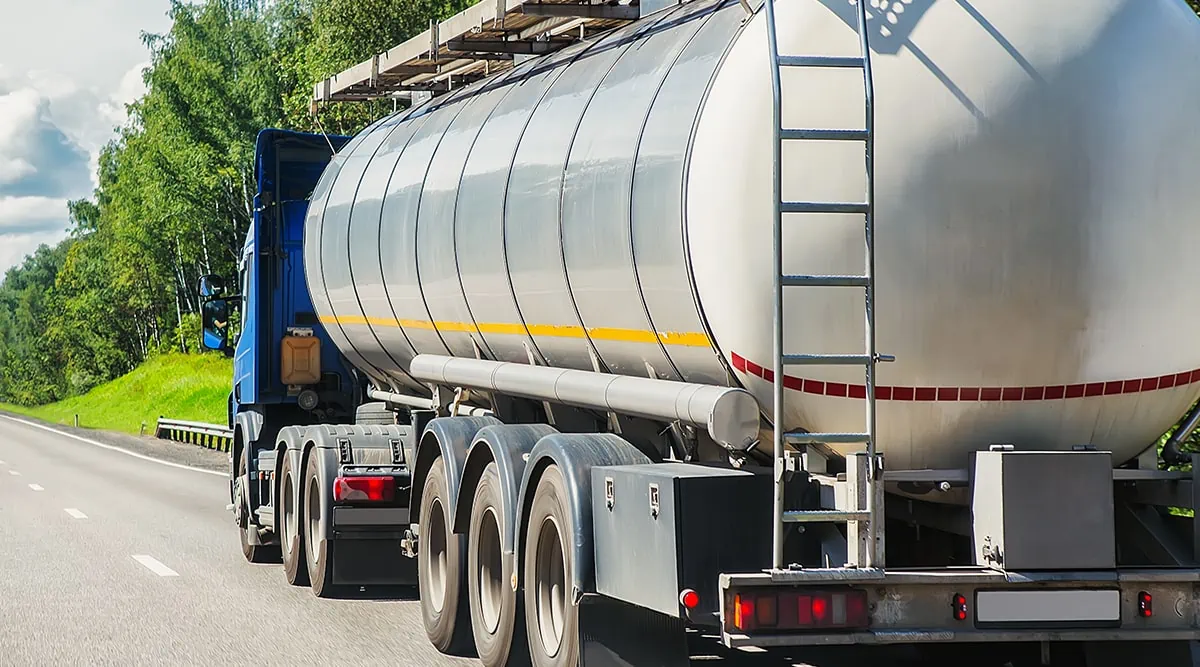Reclaim Waste for Dummies
Reclaim Waste for Dummies
Blog Article
Little Known Questions About Reclaim Waste.
Table of ContentsReclaim Waste - TruthsFacts About Reclaim Waste RevealedSome Ideas on Reclaim Waste You Need To KnowOur Reclaim Waste IdeasThe Of Reclaim Waste
With appropriate liquid waste management, business can reduce energy-intensive treatment procedures and disposal costs. By complying with a system for taking care of fluid waste, business can prevent pricey penalties and charges and stay clear of negative publicity.(https://writeablog.net/reclaimwaste1/reclaiming-resources-a-comprehensive-guide-to-industrial-wastewater-treatment)Accumulate representative samples from numerous factors within the waste stream to make certain accuracy. Conduct periodic screening to track any kind of modifications in the composition. Keep comprehensive documents of characterization for future recommendation and compliance objectives. Liquid waste, particularly harmful ones, poses significant threats during this action. Appropriate procedures lessen spills, leakages, and various other crashes that can hurt the workers and the general public.

is needed when the effluent will be reused or released into local pools. Sanitation (e.g., chlorination, ultraviolet light, ozonation) and nutrient elimination (e.g., denitrification and phosphorus elimination) are suggested under rigorous laws. This stage while doing so is purely regulated since it is when most risks occur. Many firms broke numerous fluid waste disposal laws over the last few years.
Examine This Report about Reclaim Waste

are utilized by markets that produce large volumes of low-toxicity fluid waste. Shallow containers include fluid waste that is enabled to vaporize through all-natural procedures. The residue left can be gotten rid of in garbage dumps. involves melting liquid waste at heats and converting it into gas and ash. This kind of disposal goes through rigorous ecological policies because of potentially harmful emissions.
The findings need to be recorded, analyzed, and stored not just for submission to regulative authorities but likewise for making improvements in the future. Share information with appropriate stakeholders (e.g., employees, regulatory government agencies, and neighboring areas) to keep openness and accountability.
Recognizing these can aid them successfully handle their procedures and reduce their environmental effect. Companies that can't spend in facilities must take into consideration teaming up with the public field for better solutions.
The 8-Minute Rule for Reclaim Waste
By applying comprehensive monitoring systems that include therapy and recycling techniques, normal tracking, danger analyses, and adherence to neighborhood and federal regulations, commercial facilities can add to the protection of groundwater materials, guaranteeing their accessibility for future generations (liquid waste disposal melbourne). Let's look into the value of reliable fluid waste management in the industrial market, concentrating on its implications for protecting groundwater sources
The air pollution of groundwater sources as a result of inappropriate liquid waste administration in the commercial market has far-reaching effects for human health, farming, and the environment as a whole. A few of the possible effects brought on by such pollution consist of: Polluted Alcohol look at this website consumption Water Products: As groundwater provides a substantial portion of our alcohol consumption water, air pollution from industrial tasks can result in harmful chemicals and bacteria entering our water supply, presenting health and wellness risks for people.
Minimized Agricultural Efficiency: Agriculture relies heavily on groundwater for watering; for that reason, polluted water can hinder crop returns, infect farming products, and affect food safety and security. Provided the relevance of preserving groundwater sources, it is vital for organizations to take an aggressive position in managing their fluid waste responsibly and preventing air pollution.
Rumored Buzz on Reclaim Waste
Fluid waste can contaminate land and contaminate waters. Details regarding managing and keeping liquid waste, responding to spills and reducing fluid waste is available in the following reality sheets and advice:.
The role of waste administration professionals in safeguarding this priceless source can not be overemphasized. Contaminated water and contaminated effluent monitoring: Making sure that hazardous fluids are safely gotten rid of and treated before they can damage our water resources.
Hence, incorporating sustainable liquid waste management into economic preparation enhances financial stability and safeguards the environment, demonstrating the value of this approach. In conclusion, adopting specialist fluid waste administration techniques is important for guaranteeing a sustainable future, safeguarding our environment and safeguarding the wellness of future generations.
When it concerns throwing away waste, adhering to correct procedures is vital for a plethora of factors. Proper waste disposal is not nearly cleanliness; it's about guaranteeing the wellness of our atmosphere, health, and the reliable use resources. Recognizing the relevance of reliable waste monitoring can help us all add to a much healthier, cleaner earth.
Reclaim Waste - Questions
Efficient waste management helps keep clean streets and public areas, decreasing the aesthetic effect of litter and ensuring that waste does not hurt wild animals. When waste is not thrown away correctly, it can lead to air pollution, where damaging compounds can seep into the soil, water supply, and the air, creating long-term ecological troubles.
Report this page